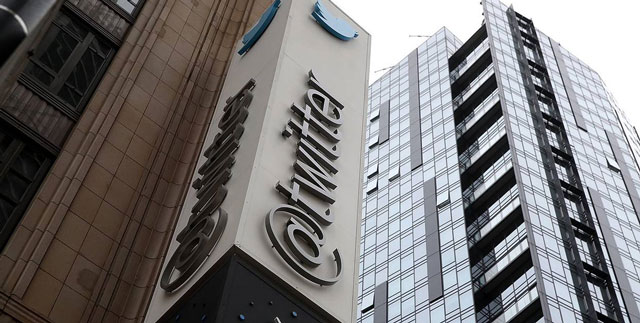
London, United Kingdom | AFP | Social media giants Facebook and Twitter are facing a deadline in Britain to cooperate with an inquiry into so-called fake news in the Brexit referendum campaign, a parliamentary committee chairman said Friday.
The companies have been given until January 18 to share information requested by British lawmakers probing suspected Russian interference around the vote, according to Damian Collins, chair of the Department of Culture, Media and Sport select committee.
He told AFP both his committee and the Government would review what action could be taken if the tech titans fail to comply.
“It’s been over a month since we made the request to Facebook for this information and we need to see some action,” Collins said.
“They have ignored our requests… for information on any activity relating to fake accounts and in fact only responded in relation to accounts set up in the USA but not set up here.”
He added: “We have had similar issues with Twitter and we have gone back to them and asked them for deeper investigations.”
The Conservative Party member of parliament said the committee had been clear in its requests to the companies, as it examines influence exerted during the 2016 referendum on Britain leaving the European Union.
“We want to know what links there are between fake accounts set up here and Russian agencies,” he said.
“They have not answered our questions.”
Collins added it was “simply not credible” for Facebook to continue profiting from advertising while stonewalling his inquiry.

The company had shown itself capable of acting, such as during the French presidential election when it removed 35,000 accounts, he said.
“They are best placed to do their own investigating as they know the characteristics of their accounts holders and what payments have been made from Russian agencies and what acocunts they relate to,” Collins added.
Facebook and Twitter did not respond to requests for comment on Friday.
The EU is also looking into whether the social media companies have done enough to prevent misinformation peddling on their platforms.
It launched a public consultation on the phenomenon in November, the first step in a process that could see the promotion of bogus news stories made illegal in Europe.
 The Independent Uganda: You get the Truth we Pay the Price
The Independent Uganda: You get the Truth we Pay the Price



